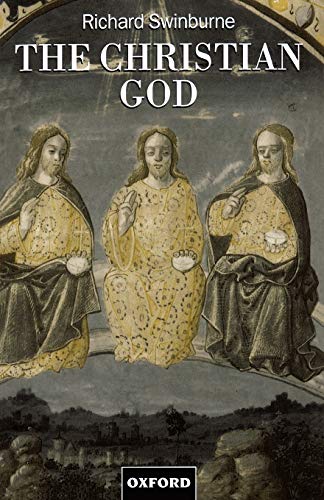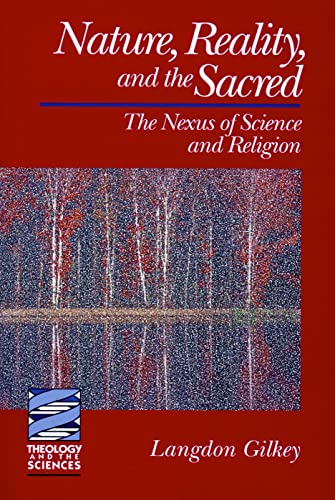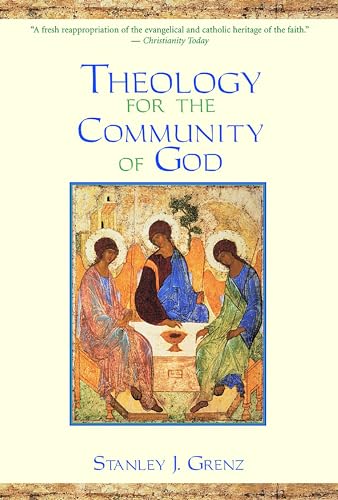The Christian God forms the third part of Richard Swinburne’s ‘tetralogy’ on the philosophy of Christian doctrine. Those approaching this book with prior knowledge of Swinburne’s work will not be surprised at either the structure or the content of this piece. The book is split into two parts. Part I covers ‘Metaphysics’; specifically those categories (substances, ‘thisness’, causation, time and necessity) which Swinburne believes are necessary to addressing the possibility of incarnation. Part II focuses on theological issues, particularly the coherence of the doctrines concerning the Trinity and the incarnation. Philosophy, rather than theology, is the focus of this book.
This is most apparent in the second part of the book. When he turns his attention to the incarnation, Swinburne’s purpose is to offer a modern defence of the Chalcedon definition of 451 ce, which states that Christ is to be understood as ‘truly divine and truly human’; one individual in two persons. Much of Swinburne’s argument here is dependent upon the reader accepting his definition of personhood in Part I. In order to be a person I do not need to be embodied. It is the soul which defines me. At the same time, his account of Chalcedon draws upon his understanding of the ‘scientific’ nature of philosophy. Thus, his defence of Chalcedon is indebted to Freudian psychoanalytic theories of the divided mind.
If the reader accepts the adequacy of an analytical approach to the philosophy of religion, there will be much of interest here. Swinburne addresses his subject with the almost scientific precision that defines so much of his work. His ideas draw upon those of others working in the field of analytical philosophy, which enables him to clarify his own ideas to good effect.
However, those who claim that analytical philosophy is not the best way of approaching religious beliefs are unlikely to find anything here to challenge that conclusion. This is most apparent in the way in which Swinburne approaches the incarnation. By placing the doctrine which is usually seen as that which differentiates Christianity from other religions at the end of his study of the Christian God, Swinburne does not allow the implications of this core belief to challenge his prior understanding of God and humanity. As Dietrich Bonhoeffer suggested, considering the incarnation before formulating one’s concept of God offers a radical challenge to our understanding of the relationship between God and the world. Swinburne’s ideas suggest little engagement with such contemporary theological debates.
Likewise, feminists may be interested in his discussion of inclusive language at the beginning of chapter 6. While he does comment on feminist claims that inclusive theological language is important, he shows little understanding of the issues feminists are addressing when he argues that ‘he’ when applied to God does not indicate gender.
Swinburne’s inability to address the issues raised by such contemporary ideas is a criticism less of him and more of this general approach to the philosophy of religion. The Christian God will offer much of interest to the analytical philosopher of religion, but to those less enamoured with this approach to the subject, it will offer marginal insight into the distinctive nature of the Christian faith.
Beverley Clack
Roehampton Institute, London






